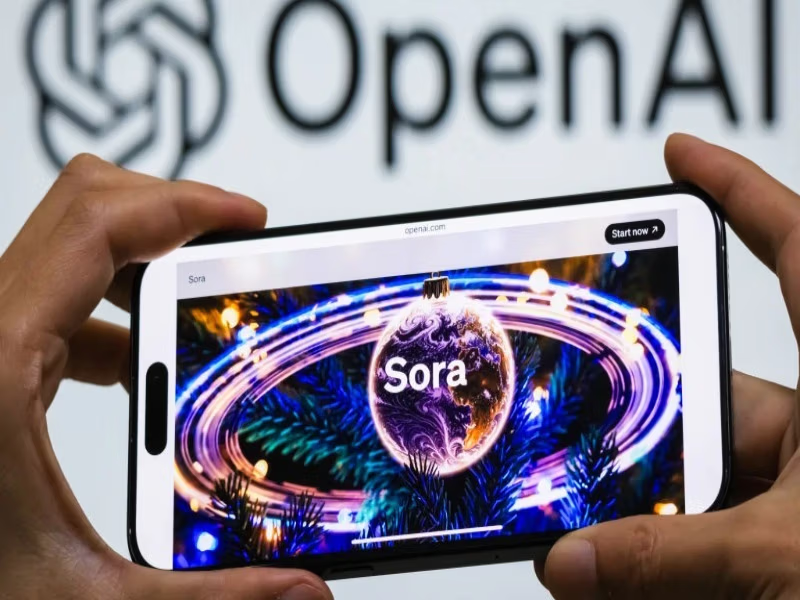OpenAI is also releasing what it says is its most advanced video generation model to date, and a new iOS app intended to bring artificial intelligence-based video creation to its users.
The Sora 2.0 model is a follow-up to a previous model that was issued this year as a research preview. OpenAI claimed that the new release was a significant breakthrough in terms of physical realism, audio-video synchronization, and multi-shot storytelling.
The new application, also known as Sora, will initially be invite-only and will enable individuals to create, remix, and cameo in AI-generated video with text or images, with provided controls over safety, likeness, and provenance.
The implementation is already casting doubt on the intellectual property regulations.
The Wall Street Journal announced Monday that OpenAI is informing studios and talent agencies that their copyrighted content can be used in the Sora-generated content as well.

According to OpenAI, its model is based on existing content policies adopted in its image generation models.
The company considers such a form of interaction, in which the user remixes or uses recognizable fictional worlds, as an expression of fan-expression and creative play.
Executives indicated that they have already witnessed high usage of AI to interact with stories and characters they are fond of, and they are convinced that Sora will provide people with new ways to access those fictitious universes.
OpenAI has also constituted a definite boundary between copyrighted IP and individual likeness.
However, characters or visual styles of popular franchises can be used unless blocked, but people cannot be created at all, either through prompt or image, unless they have provided a verified cameo.
The policy is meant to provide individuals with complete authority over the manner, when, and whether they are depicted in any AI-provided content.
The application is launching Tuesday in the U.S. and Canada with an invitation-only feature. Yet, there is an upcoming Pro version, web access, and a developer API.






